Concerns about coffee yield and flavor
Coffee is a $200 billion industry that ranges from small farms across Brazil and Indonesia to roasters and manufacturers like Nestlé. Traditionally, coffee chains like Starbucks have favored the milder, more aromatic Arabica variety, while Robusta is often used for instant coffee.
However, erratic weather is putting crops at risk globally. Harder coffees – such as Robusta – are likely to command higher prices. However, in Vietnam, the world’s top producer of hard Robusta, erratic weather is causing significant hardship for coffee farmers.
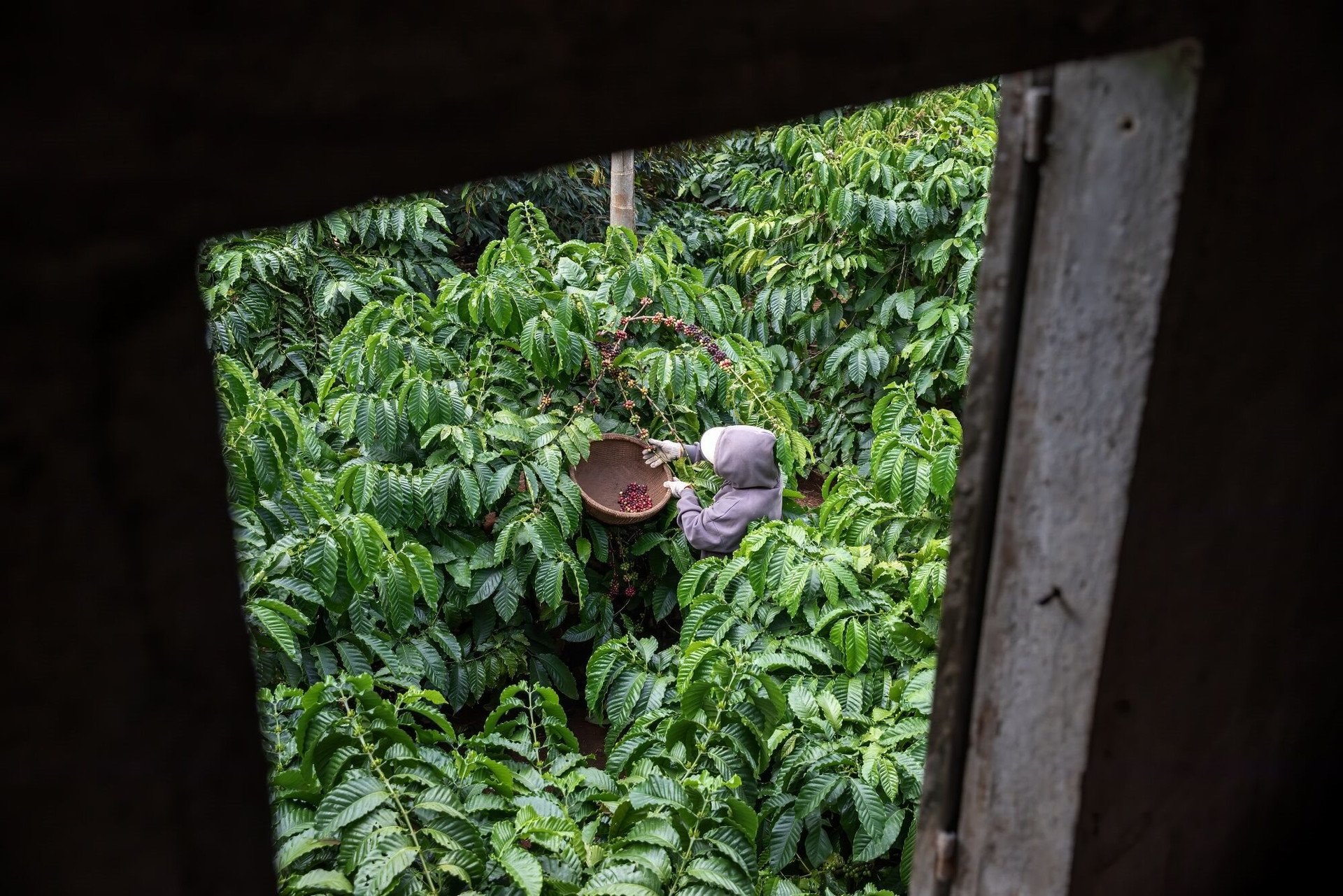
Harsher growing conditions have made many Vietnamese farmers wary of coffee’s value as a cash crop, while some have cut down their coffee trees to plant pepper and durian. This has reduced supply, pushing robusta prices to their highest since 2008 this year. Meanwhile, rising temperatures are also expected to reduce future coffee production.
In addition to concerns about coffee production, consumers will have to get used to a different taste. According to a 2022 study of tropical crops, including Arabica coffee, avocados and cashews, coffee is most vulnerable to climate change, as rising temperatures reduce the areas suitable for growing the crop globally. The researchers say adaptation is needed, including replacing Arabica with the more heat-tolerant Robusta.
Nestlé, the Swiss maker of Nespresso and Nescafe, is one of the companies facing this change. During a visit to some Vietnamese coffee farms, Mr. Philipp Navratil - Director of Nestlé's Coffee Business Strategy Department said that according to forecasts, in the next 30 years, if the problem of climate change is not solved, 50% of the coffee growing area as we know it will no longer be able to produce coffee.
Nestlé is a major consumer of Robusta coffee. It is estimated that consumers around the world drink more than 6,000 cups of Nescafe every second. Nestlé spends $700 million a year to buy about a quarter of Vietnam's total coffee output.
However, according to an October report by World Coffee Research, amid rising consumption trends and the impact of climate change on production, the world could face a shortage of up to 35 million bags of Robusta coffee by 2040. The world currently produces nearly 80 million bags of Robusta coffee each year.
Encouraging coffee growers to cultivate sustainably
Changing weather patterns could significantly reduce yields, leaving millions of smallholder farmers who produce 60% of the world's coffee vulnerable to economic and food insecurity, according to World Coffee Research.
In 2021, authors from multiple institutions, including a Vietnamese university, published a study showing that Vietnam’s prolonged dry spell and lack of irrigation water in recent years have severely impacted the productivity of Robusta coffee farms in the Central Highlands. The country is also bracing for the impact of El Nino in the coming months.
Faced with the challenges of water shortages and rising temperatures, Tran Thi Lien, 46, who owns a one-hectare coffee farm in Dak Lak province in the Central Highlands, has found that more sustainable farming practices are paying off. She and her neighbors have cut back on chemical fertilizers and provided shade for their coffee plants so they are less exposed to harsh sunlight. She also grows black pepper and betel to diversify her acreage.
As extreme weather threatens crops and to adapt to climate change, Nestlé announced in 2022 that it would invest around $1.2 billion by 2030 to encourage coffee growers who supply its Nescafe brand to adopt more sustainable farming practices, including replacing existing trees with varieties that can better cope with weather fluctuations.
“Robusta is not a silver bullet for climate change,” said Jennifer Vern Long, executive director of World Coffee Research, a group founded by the global coffee industry in 2012. “While Robusta is more heat tolerant and more resistant to some pests, we are still learning its limits.”
Source


![[Photo] President Luong Cuong receives UN Deputy Secretary General Amina J.Mohammed](https://vstatic.vietnam.vn/vietnam/resource/IMAGE/2025/4/17/72781800ee294eeb8df59db53e80159f)
![[Photo] Hundred-year-old pine trees – an attractive destination for tourists in Gia Lai](https://vstatic.vietnam.vn/vietnam/resource/IMAGE/2025/4/17/25a0b7b629294f3f89350e263863d6a3)
![[Photo] President Luong Cuong receives Kenyan Defense Minister Soipan Tuya](https://vstatic.vietnam.vn/vietnam/resource/IMAGE/2025/4/17/0e7a5185e8144d73af91e67e03567f41)
![[Photo] Prime Minister Pham Minh Chinh and Ethiopian Prime Minister visit Tran Quoc Pagoda](https://vstatic.vietnam.vn/vietnam/resource/IMAGE/2025/4/17/18ba6e1e73f94a618f5b5e9c1bd364a8)
![[Photo] President Luong Cuong receives Lao Prime Minister Sonexay Siphandone](https://vstatic.vietnam.vn/vietnam/resource/IMAGE/2025/4/17/337e313bae4b4961890fdf834d3fcdd5)
![[Photo] Warm meeting between the two First Ladies of the Prime Ministers of Vietnam and Ethiopia with visually impaired students of Nguyen Dinh Chieu School](https://vstatic.vietnam.vn/vietnam/resource/IMAGE/2025/4/17/b1a43ba73eb94fea89034e458154f7ae)
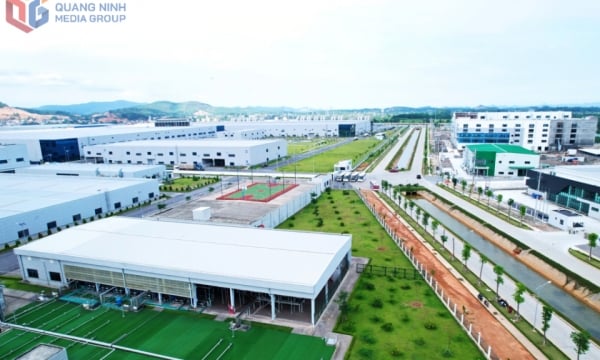

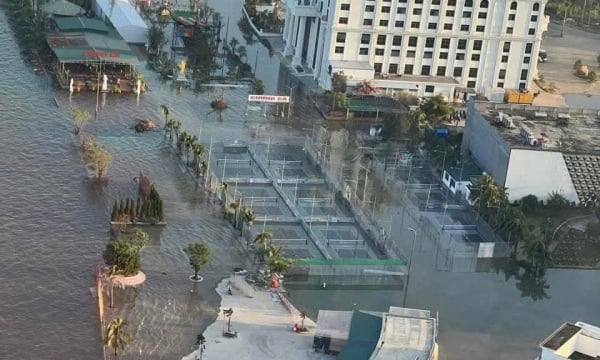
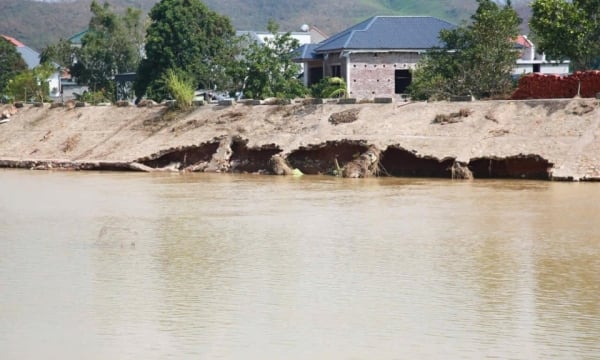
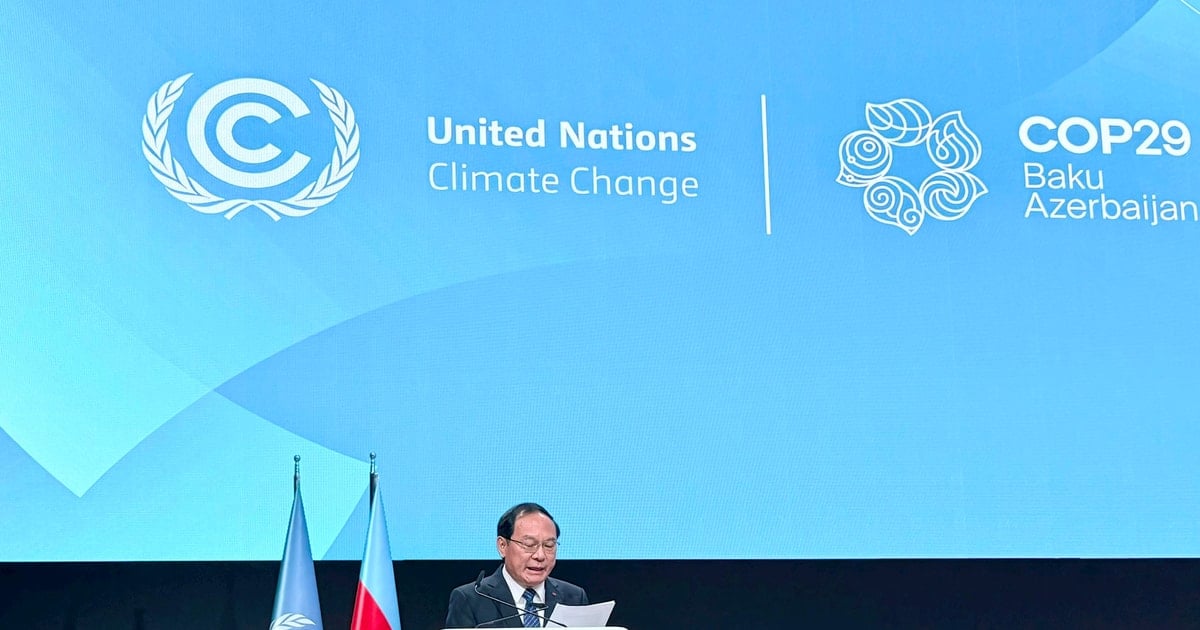



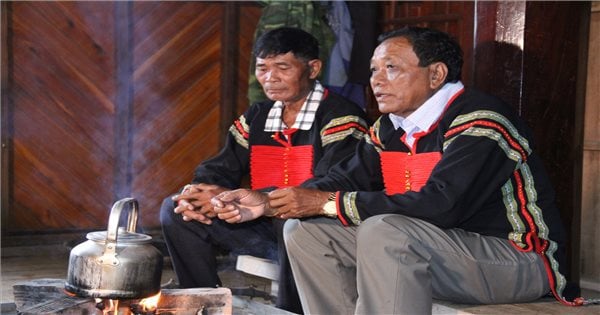






















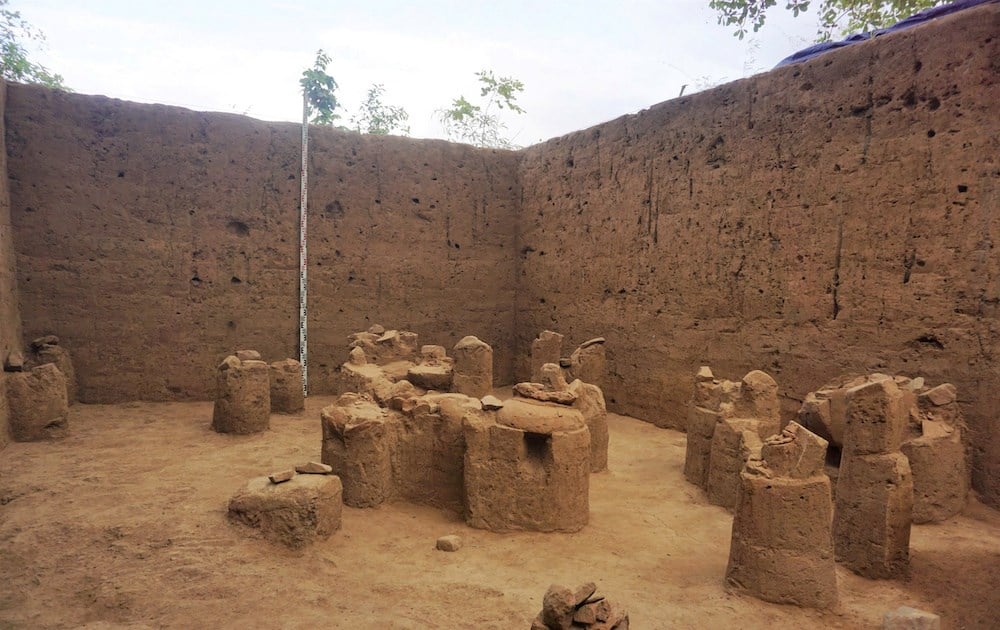




















![[Video] Viettel officially puts into operation the largest submarine optical cable line in Vietnam](https://vstatic.vietnam.vn/vietnam/resource/IMAGE/2025/4/17/f19008c6010c4a538cc422cb791ca0a1)









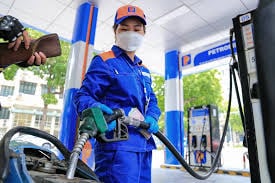





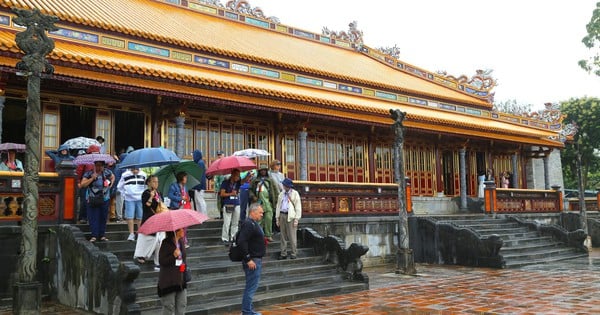

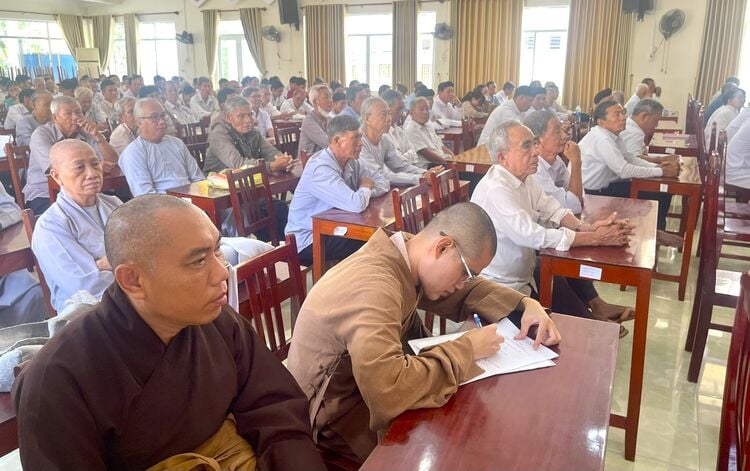


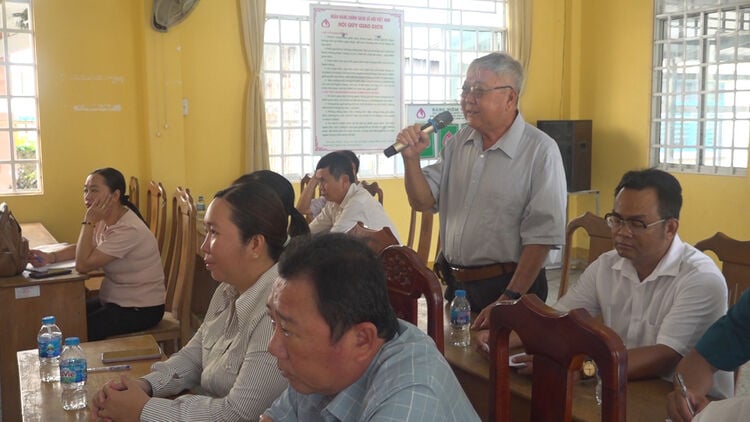
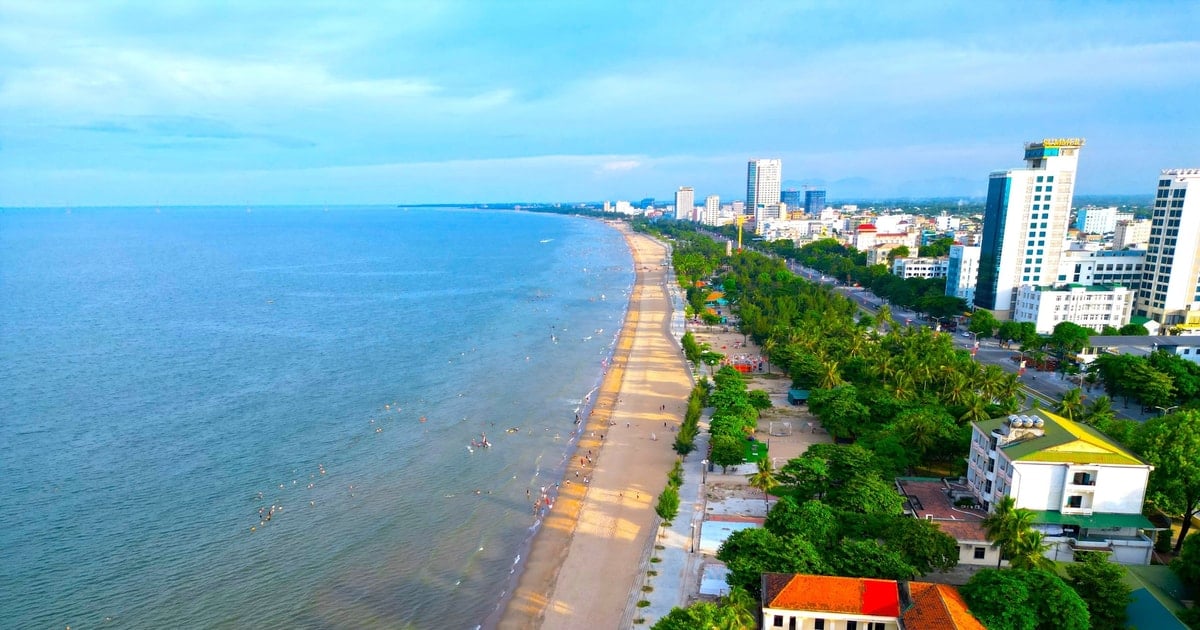
















Comment (0)